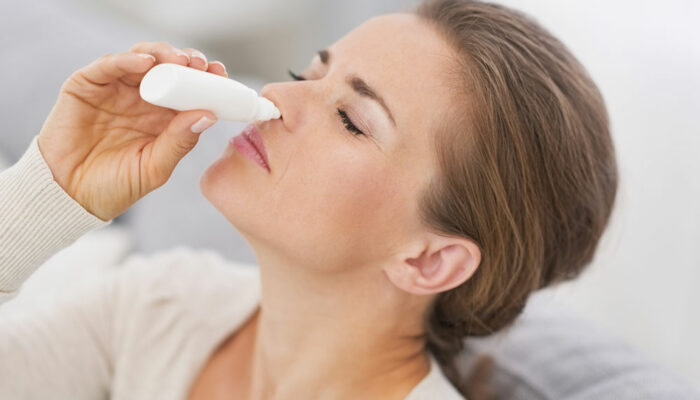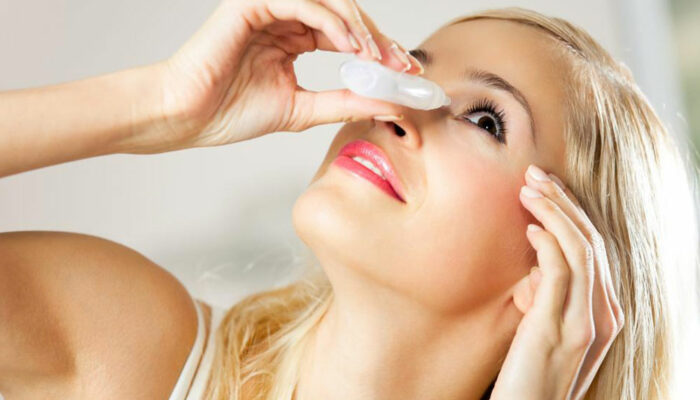
5 Odors that Cause Migraines
A chronic and particularly painful headache, a migraine is triggered and experienced quite differently for each person. Generally, migraines involve intense pain, often a throbbing sensation on one side of the head. Lasting 4 – 72 hours, symptoms of migraines include nausea, fatigue, and sensory sensitivity. Their causes are associated with brain chemistry and hormone regulation. In addition to stress, excess alcohol or caffeine, and sleep changes, smells can be a trigger for migraines:
1. Cigarette Smoke
A notoriously bad trigger of migraines, cigarette smoke attacks the brain chemistry through multiple routes. First up are the actual toxins. The chemicals found in second-hand smoke, including carbon monoxide, can lead to a constriction of blood vessels within the brain. Though this is typically minor and temporary, it can easily trigger migraines in those susceptible. In addition to its chemical makeup, cigarette smoke can induce a slight allergic reaction in some individuals. This can lead to slight inflammation, which in turn can cause a migraine.
2. Food Odors
Strong food odors can trigger migraines and even worsen existing ones through a cascading hormone even within the nasal passage. Essentially, the odors attach to nerve receptors in the nose, which then send further messages to the brain. For some, this can trigger pulsating migraines. This is typically what people refer to when they talk of osmophobia, which is a fear or avoidance of certain smells. The particular trigger smells differ for everyone and appear to be correlated to genetics.
3. Perfumes
A sudden whiff of an overpowering perfume can make most of us feel dizzy or even like it is hard to breathe. For some, it can also bring on debilitating migraines. The underlying reason for this is still being researched. On the one hand, many perfumes contain harsh and biologically offensive chemicals, like benzyl benzoate. These chemical culprits can make the nasal passage inflamed, reducing blood flow, and triggering a hormonal response. On the other hand, strong smells can simply overwhelm some people’s olfactory system, similar to seeing a sudden blinding light. It can be just too much information for the brain to respond to at once.
4. Cleaning Chemicals
Harsh cleaning chemicals, especially when used indoors, can generate a dense atmosphere that can be hard to breathe in. This is the main reason their labels say to use with proper ventilation or at least an open window. However, when the chemicals are breathed in, they can induce a migraine. Most cleaning supplies contain volatile organic compounds or VOCs. These are chemicals that readily evaporate, meaning that they will be in the breathable air, rather than on a countertop. Their smell can certainly cause a migraine on their own. They can also lead to dehydration and a feeling of lightheadedness.
5. Candles or Air Fresheners
New to the conversation of migraines are candles and air fresheners. Though migraine sufferers may have already identified these culprits, modern science is catching up to their biochemical impact. The somewhat surprising truth about these smell good items is that they are made with harsh and toxic chemicals. When used, they send these chemicals into the breathable air. This can lead to irritation within the nose, which cascades into a migraine.



